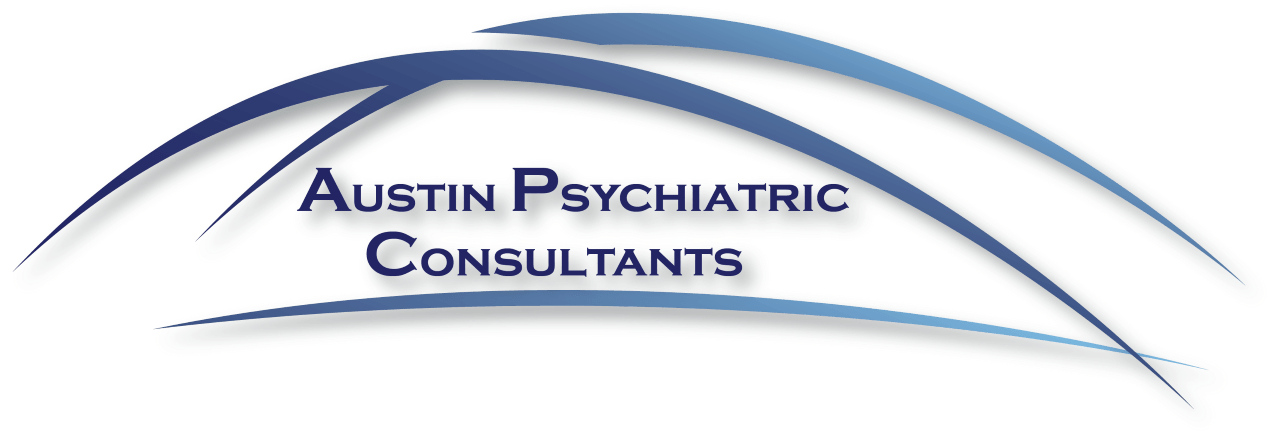Call Us! (512) 377-2500
ADD AND AD/HD
ADD AND AD/HD
AD/HD ASSESSMENT
Because so many disorders mimic the types of attention deficits seen in AD/HD, it is important to rule out those disorders as the primary cause. The checklists so often used in schools provide needed information, but only a piece of it. The question is generally not if an attention deficit exists, but rather the type and cause(s) of this deficit. Treatment for disorganization, distractibility, and lack of focus is vastly different if the cause is related to a learning disorder, depression, or anxiety rather than AD/HD. AD/HD is a “rule-out” disorder. Without testing ruling out other causes, along with a history supporting the diagnosis, it is difficult to say with any degree of certainty if AD/HD is the source of the problem. At APC, we use a variety of standardized tests in this diagnostic process. Our goal is to determine whether the attention problems appear similar to those exhibited by others with AD/HD. We look for the presence of learning disorders and/or emotional issues that may be causing or contributing to the symptoms. Along with a detailed history, this process gives us a thorough picture upon which to base our diagnosis and recommendations for treatment, whether the symptoms are caused by a frank attentional deficit or by some other underlying problem.
WHAT ELSE COULD IT BE?
Most notably in children and adolescents, reading and/or other learning disorders can result in problems with focus and organization. Often individuals with undiagnosed learning disorders feel stupid and, rather than admit to difficulties, report and act bored or disinterested. Emotional disorders such as depression and anxiety commonly produce symptoms such as difficulty focusing, lack of motivation, forgetfulness, disorganization, and restlessness, and can look similar to AD/HD. Other emotional difficulties such as relationship problems, reactions to environmental changes or situational stressors, and difficulty expressing and/or controlling emotions can all produce symptoms that mimic AD/HD.
ADD VS. AD/HD
There are three recognized types of AD/HD. Lack of focus, organizational problems, and frequent distractibility are considered part of a Predominantly Inattentive Type of AD/HD (commonly referred to as ADD). Problems with excessive activity, restlessness, and interrupting others are thought to characterize the Predominantly Hyperactive-Impulsive Type of AD/HD. Individuals experiencing both types of symptoms are considered to have a Combined Type of AD/HD. If symptoms don’t meet criteria for any of these types, individuals may be classified as having a non-specific attention-deficit disorder.
AD/HD TREATMENT
Generally people think of medication as the only option for treating AD/HD. It can be of tremendous help, and we often make referrals for that reason. However, behavioral and practical strategies are an essential part of treatment, whether or not medication is utilized. Our therapists work with patients and family members to develop practical solutions for improving focus and organization. Basic body awareness and self-redirection techniques are used to assist patients in gaining greater control over unwanted body movements. Practical solutions such as visual aids and timers help provide the external structure necessary to contain wandering attention spans. Family and parenting work includes strategies for dealing effectively with both educational and family/home situations. Whether in combination with medication or used alone, these techniques and treatments can help the individual dealing with attentional deficits gain control over his or her body, thoughts, and life.
Content, including images, displayed on this website is protected by copyright laws. Downloading, republication, retransmission or reproduction of content on this website is strictly prohibited. Terms of Use
| Privacy Policy

